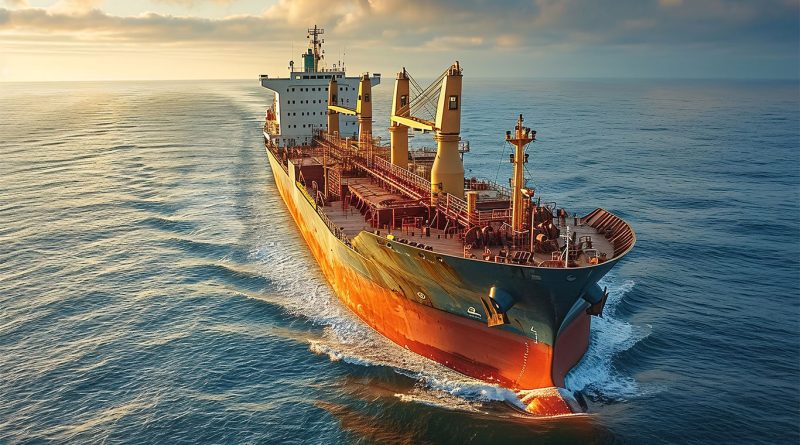Maersk’s Response to the Red Sea Dilemma
The recent escalation in the Red Sea, a critical conduit for global commerce, has sparked widespread concern within the maritime and logistics sectors. As tensions soar, the impact on one of the world’s most pivotal maritime corridors has sent shockwaves through the global shipping industry, compelling giants like A.P. Moller-Maersk to reevaluate their operational strategies amidst growing insecurity.
The Strategic Significance of the Red Sea
The Red Sea stands as one of the most crucial maritime routes globally, facilitating a significant portion of the world’s trade between Europe, Asia, and Africa. It is a lifeline for the seamless flow of goods, energy, and commodities. However, recent hostilities, notably from the Houthi rebel attacks on commercial vessels, have underscored the vulnerabilities of global trade to geopolitical strife. These disruptions spotlight the fragility of key maritime passages and their susceptibility to regional conflicts.
In response to the heightened risks, Maersk, a leading force in global shipping, has made pivotal adjustments, including suspending passage through the Red Sea routes. This precautionary measure, aimed at safeguarding vessels, crew, and cargo, epitomizes the significant operational and financial challenges maritime companies face during geopolitical crises. The rerouting of ships around the Cape of Good Hope, while ensuring safety, incurs substantial delays and additional costs, reflecting the broader industry trend towards securing alternative pathways amidst uncertainties.
Economic and Operational Impacts on Global Shipping
The diversion of shipping lanes has immediate and tangible repercussions on the global supply chain. Increased travel distances and times not only elevate operational costs but also contribute to rising shipping rates. This, in turn, could lead to a cascading effect on consumer prices and supply chain efficiency, exacerbating inflationary pressures at a time when the global economy is already navigating the complexities of recovery.
The ongoing crisis in the Red Sea region highlights the need for the shipping industry to develop more resilient and adaptable strategies to navigate geopolitical risks. The potential for long-term disruptions necessitates a reevaluation of traditional shipping routes and an enhanced focus on maritime security. As the industry grapples with these challenges, the imperative for international cooperation to ensure the security of vital trade routes becomes ever more apparent.
The Red Sea conflict has laid bare the intricate interdependencies of global trade and the critical importance of maritime routes in sustaining the world economy. As companies like Maersk lead the charge in adapting to these unprecedented challenges, the situation serves as a stark reminder of the need for vigilance, preparedness, and innovation in overcoming the hurdles posed by geopolitical tensions. In an era of increasing uncertainty, the resilience of the global shipping industry remains paramount in ensuring the continuity and stability of international commerce.
Sources:
- Transport Topics: Maersk Warns of Slowdown Once Freight Boost Fades
- The Global Economic Consequences of the Attacks on Red Sea Shipping Lanes: CSIS.org
- How Houthi Attacks in the Red Sea Threaten Global Shipping: Council on Foreign Relations
- Red Sea shipping attacks threaten global trade: DW
- The Impacts of the Red Sea Shipping Crisis: J.P. Morgan
